Unveiling the Value of Your Treasures: A Guide to Jewellery Valuation
Related Articles: Unveiling the Value of Your Treasures: A Guide to Jewellery Valuation
Introduction
In this auspicious occasion, we are delighted to delve into the intriguing topic related to Unveiling the Value of Your Treasures: A Guide to Jewellery Valuation. Let’s weave interesting information and offer fresh perspectives to the readers.
Table of Content
Unveiling the Value of Your Treasures: A Guide to Jewellery Valuation
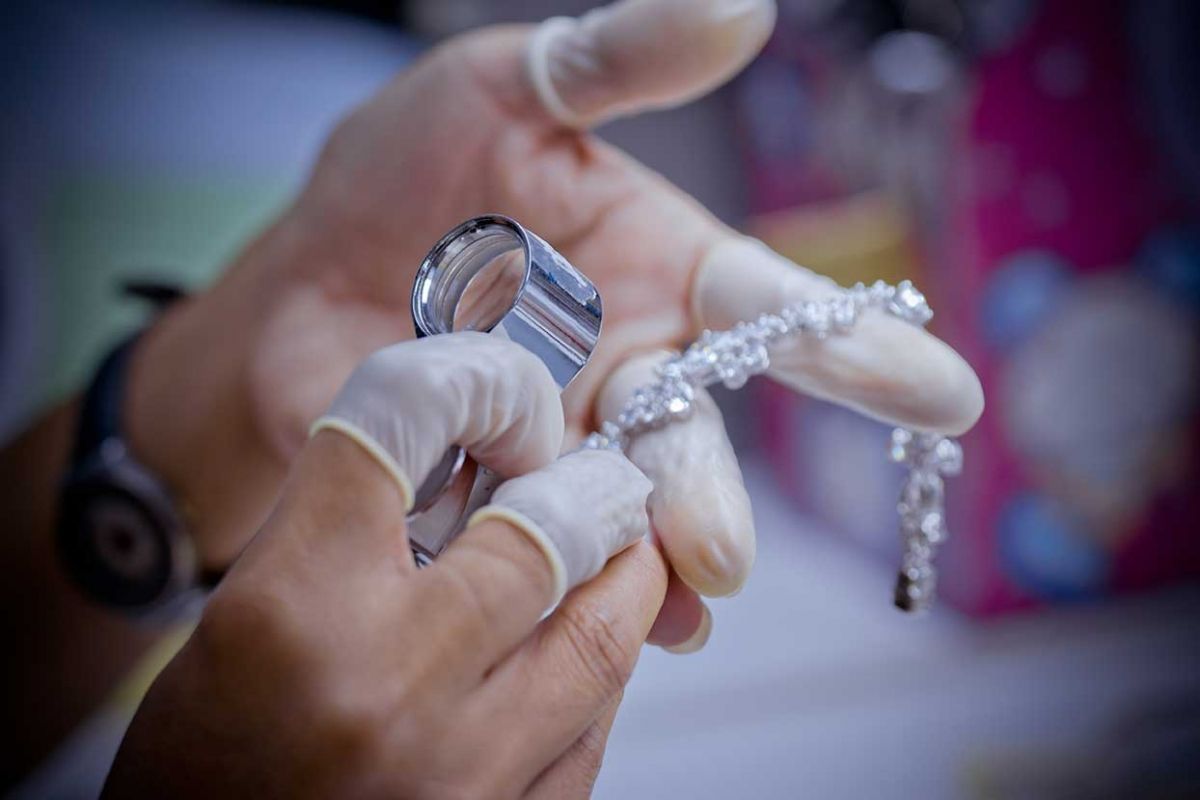
In a world where possessions often hold sentimental value beyond monetary worth, understanding the true value of your jewellery can be a complex yet rewarding endeavor. Whether you are considering selling, insuring, or simply gaining a deeper appreciation for your family heirlooms, a professional jewellery valuation is an invaluable service that can provide clarity and peace of mind.
This comprehensive guide delves into the intricacies of jewellery valuation, exploring its multifaceted benefits, guiding you through the process, and equipping you with the knowledge to make informed decisions about your prized possessions.
Understanding the Importance of Jewellery Valuation
Jewellery valuation is more than just assigning a price tag. It is a meticulous process that involves a thorough examination of a piece’s intrinsic qualities, historical significance, and market demand. This detailed analysis provides a comprehensive understanding of the piece’s value, empowering individuals to make informed choices regarding:
-
Insurance: A professional appraisal ensures that your jewellery is adequately insured for its true market value. In the unfortunate event of theft or damage, a valuation report provides irrefutable evidence of the piece’s worth, facilitating a fair insurance claim settlement.
-
Inheritance: Jewellery often holds sentimental value and is passed down through generations. A valuation can help establish the fair market value of inherited pieces, facilitating equitable division among heirs or providing a clear understanding of its worth for tax purposes.
-
Selling or Gifting: Whether you are selling a family heirloom or gifting a special piece, a valuation provides a realistic estimate of its market value, ensuring a fair transaction for both parties involved.
-
Investment: For those considering jewellery as an investment, a valuation can provide valuable insights into the potential appreciation or depreciation of the piece, informing future investment decisions.
-
Tax Purposes: Jewellery may be subject to capital gains tax when sold. A professional valuation can determine the piece’s cost basis, aiding in accurate tax reporting and minimizing potential financial liabilities.
The Process of Jewellery Valuation
A professional jewellery valuation typically involves the following steps:
-
Initial Consultation: The first step involves a detailed consultation with a qualified jewellery appraiser. This consultation provides an opportunity to discuss the purpose of the valuation, the history of the piece, and any specific requirements or concerns.
-
Examination and Documentation: The appraiser will meticulously examine the jewellery, documenting its features, including:
- Material: Identifying the type of precious metal (gold, silver, platinum), its karat or fineness, and any potential alloys.
- Gemstones: Analyzing the type, size, color, clarity, and cut of any gemstones, utilizing specialized tools like microscopes and refractometers.
- Design and Style: Evaluating the craftsmanship, design elements, historical significance, and any unique features or hallmarks that might influence the piece’s value.
-
Research and Valuation: Based on the examination and documentation, the appraiser will conduct thorough research to establish the piece’s market value. This research may involve:
- Market Trends: Analyzing current market prices for similar jewellery, taking into account factors like demand, availability, and recent auction results.
- Historical Data: Consulting historical records, publications, and databases to identify comparable pieces and their documented values.
- Expert Opinions: Seeking input from other reputable appraisers or experts in the field to validate the appraisal.
-
Valuation Report: The final step involves compiling a comprehensive valuation report, detailing the appraisal findings and the estimated market value of the jewellery. This report typically includes:
- Description of the piece: A detailed description of the jewellery, including its materials, gemstones, design, and any unique features.
- Valuation Methodology: An explanation of the research methods used to determine the estimated market value.
- Estimated Market Value: A clear statement of the estimated market value of the jewellery, often expressed in both retail and wholesale terms.
- Appraiser Qualifications: Credentials and contact information of the appraiser.
- Date of Appraisal: The date the appraisal was conducted.
Choosing the Right Appraiser
Selecting a qualified and reputable jewellery appraiser is crucial to ensure an accurate and reliable valuation. Here are some essential factors to consider:
-
Credentials and Experience: Look for appraisers with recognized credentials, such as membership in professional organizations like the American Society of Appraisers (ASA) or the Gemological Institute of America (GIA). Experienced appraisers have a deep understanding of the jewellery market, historical trends, and current pricing dynamics.
-
Specialization: Consider the appraiser’s area of expertise. Some appraisers specialize in specific types of jewellery, such as antique jewellery, estate jewellery, or contemporary designs. Choose an appraiser with expertise relevant to your piece.
-
Reputation and Reviews: Research the appraiser’s reputation by checking online reviews, testimonials, and professional references.
-
Insurance Coverage: Confirm that the appraiser carries professional liability insurance, providing protection in case of errors or omissions in the appraisal.
FAQs about Jewellery Valuation
1. How often should I have my jewellery appraised?
It is recommended to have your jewellery appraised every 3-5 years, particularly if:
- Significant market fluctuations occur: Market prices for precious metals and gemstones can fluctuate significantly, impacting the value of your jewellery.
- You make changes to your jewellery: Adding or removing gemstones, resizing, or making other alterations can affect the piece’s value.
- You plan to sell, insure, or donate your jewellery: A recent appraisal ensures that the value is accurate and up-to-date.
2. How much does a jewellery valuation cost?
The cost of a jewellery valuation can vary depending on factors such as:
- Complexity of the piece: More intricate and valuable pieces require more time and expertise, resulting in a higher appraisal fee.
- Appraiser’s expertise: Experienced and highly sought-after appraisers may charge higher fees.
- Location: Appraisal fees can vary based on the location and cost of living in the area.
3. What if I can’t find a local appraiser?
While it is ideal to work with a local appraiser, reputable appraisers often offer remote valuation services, particularly for valuable pieces. You can inquire about remote appraisal options when contacting appraisers.
4. What should I do if I disagree with the appraisal?
If you have concerns about the valuation, it is important to communicate openly with the appraiser. Request clarification on their methodology and provide any relevant documentation or information that might support your perspective. If you remain dissatisfied, you can seek a second opinion from another qualified appraiser.
Tips for Preparing for a Jewellery Valuation
- Gather documentation: Provide the appraiser with any available documentation, such as purchase receipts, insurance policies, or previous appraisals.
- Clean your jewellery: Clean your jewellery thoroughly to allow for a clear and accurate examination.
- Remove any attachments: Remove any attachments or accessories that are not part of the piece being appraised.
- Be prepared to answer questions: The appraiser may ask questions about the piece’s history, origin, and any repairs or modifications.
Conclusion
Jewellery valuation is an essential service that provides a comprehensive understanding of the value of your treasured possessions. By understanding the process, choosing a qualified appraiser, and preparing adequately, you can ensure a fair and accurate appraisal, empowering you to make informed decisions about your jewellery. Whether for insurance purposes, inheritance planning, or simply appreciating the true worth of your family heirlooms, a professional jewellery valuation is an investment in the protection and appreciation of your valuable assets.
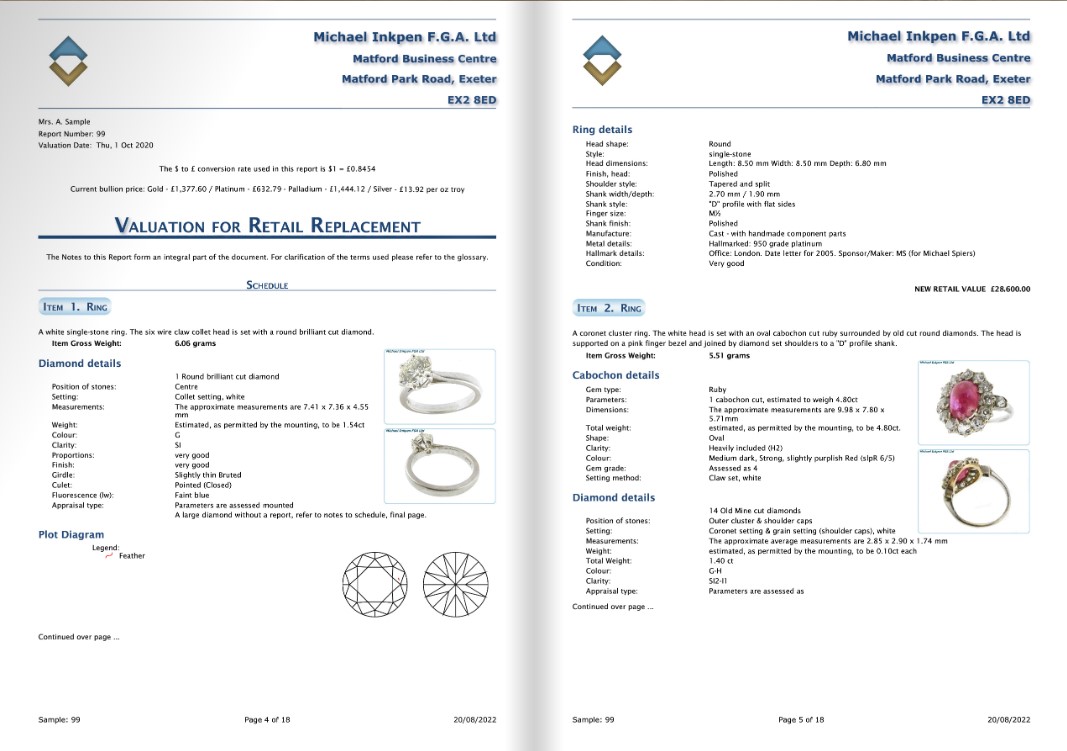


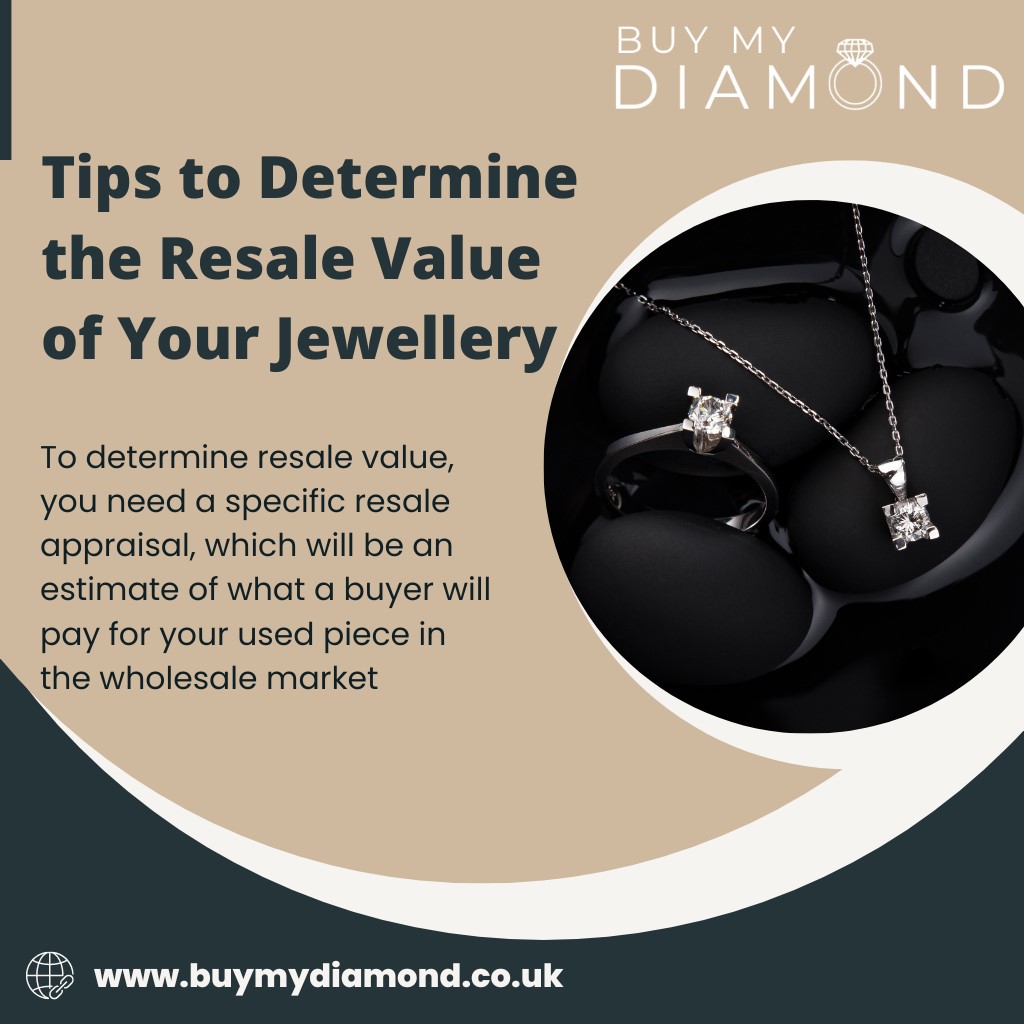
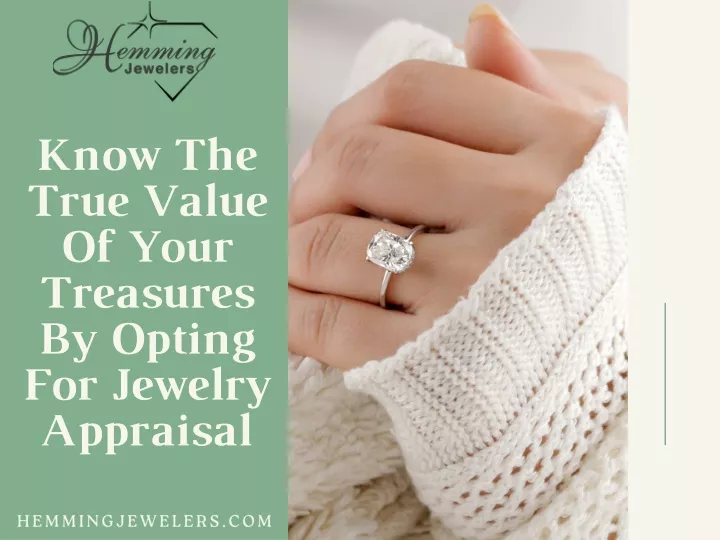
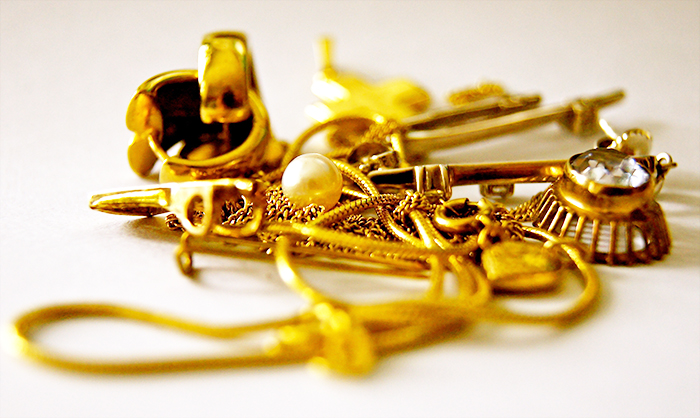
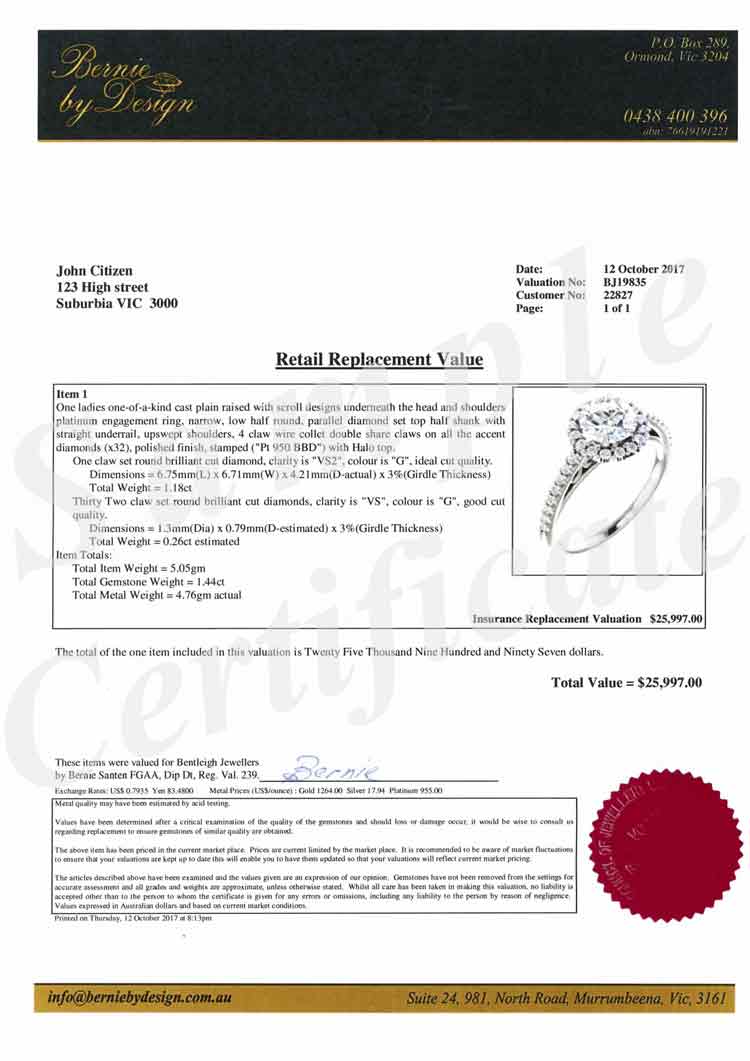

Closure
Thus, we hope this article has provided valuable insights into Unveiling the Value of Your Treasures: A Guide to Jewellery Valuation. We hope you find this article informative and beneficial. See you in our next article!